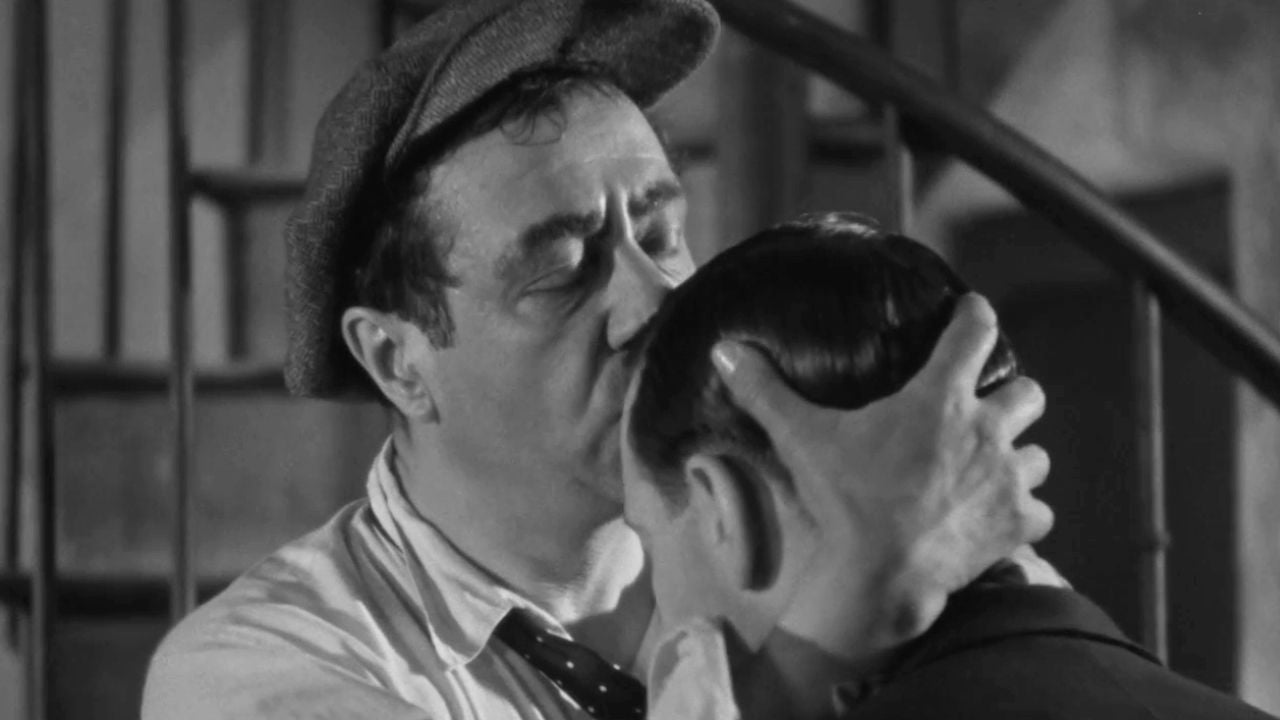The treatment helps strengthen the pelvic muscles and helps prevent urinary incontinence
Have you ever heard of it pelvic physiotherapy? It is a treatment that helps strengthen the pelvic floor and helps prevent urinary incontinence and other problems related to this region.
However, when we talk about pelvic physiotherapy, many doubts arise which make the topic more complex. From this perspective, dermatofunctional and pelvic physiotherapist Marisa Marin clarified myths and truths on the subject. Watch:
1. Does pelvic physiotherapy contribute to the correct functioning of the reproductive system, urinary and fecal parts?
REAL. Pelvic physiotherapy treats the pelvic region, as the name suggests. The treatment reduces disorders such as leakage of pee, repeated urinary infections, menstrual cramps, pain during sexual intercourse, difficulty in evacuation, constipation, hemorrhoids, among others.
2. Can a woman feel her vagina tighten after giving birth and therefore experience pain during sexual intercourse?
REAL. This is a very common complaint among women, but exercise and perineal massage can help reduce discomfort.
3. Can a woman feel a wider vagina after giving birth?
REAL. But there are pelvic physical therapy exercises and resources with devices that help strengthen this muscle.
4. Is urinary incontinence a female thing?
Myth. Men can also suffer from urinary incontinence, but it is more common in women.
5. Should monitoring only begin after the woman becomes pregnant?
Myth. Pelvic physiotherapy can be done at any time in life. It helps sexual, urinary and fecal health, preventing pee leakage, repeated infections, pelvic pain, pain during sexual intercourse, low libido, constipation, pain during bowel movements, hemorrhoids, among other disorders related to the pelvic floor.
6. Will every woman who has a natural birth feel a wider vagina?
Myth. The response of the vaginal canal muscles after childbirth will depend on several factors. There are women who feel wider, others narrower and others who feel no difference.
7. Do Pilates and yoga treat urinary incontinence?
Myth. Pilates and yoga have other goals, but do not have resources aimed at treating urinary incontinence, although they can strengthen other muscles associated with the pelvic floor region.
8. Do exercises to strengthen the pelvic floor muscles (PFM) make natural childbirth difficult?
Myth. It is already known that strengthening the pelvic floor muscles (PFM) protects the vaginal canal from tearing (the vaginal canal when it “tears” during childbirth).
9. Is pelvic physiotherapy only for those who want a natural birth?
Myth. Pelvic physiotherapy takes care of the pelvic floor, which includes the urinary, fecal and sexual areas. It is understood that the pregnancy process can already cause various changes and dysfunctions in this region, regardless of the mode of delivery.
Women can experience urine leakage, hemorrhoids, constipation, pain during bowel movements, pain during sexual intercourse, among other ailments, at any time in their life and pelvic physiotherapy will be indicated to treat these cases.
Source: Terra
Ben Stock is a lifestyle journalist and author at Gossipify. He writes about topics such as health, wellness, travel, food and home decor. He provides practical advice and inspiration to improve well-being, keeps readers up to date with latest lifestyle news and trends, known for his engaging writing style, in-depth analysis and unique perspectives.








